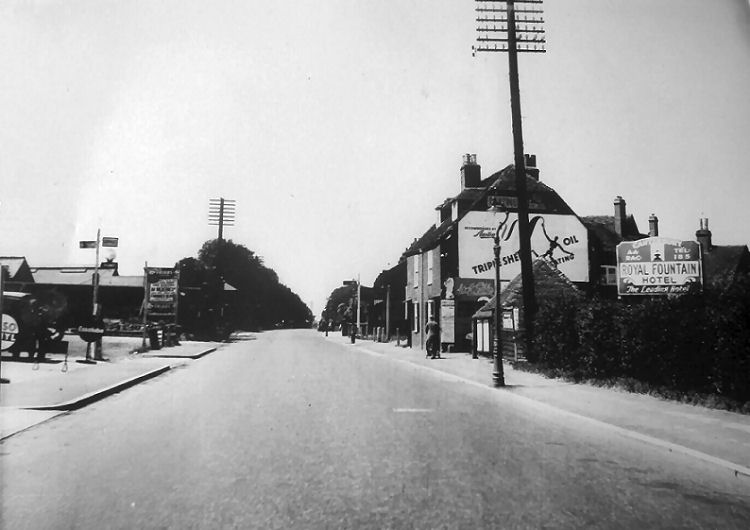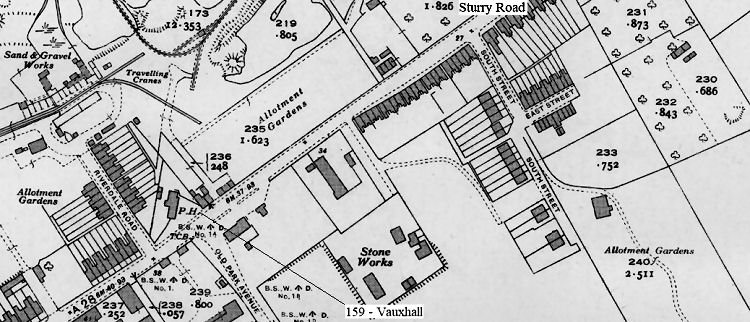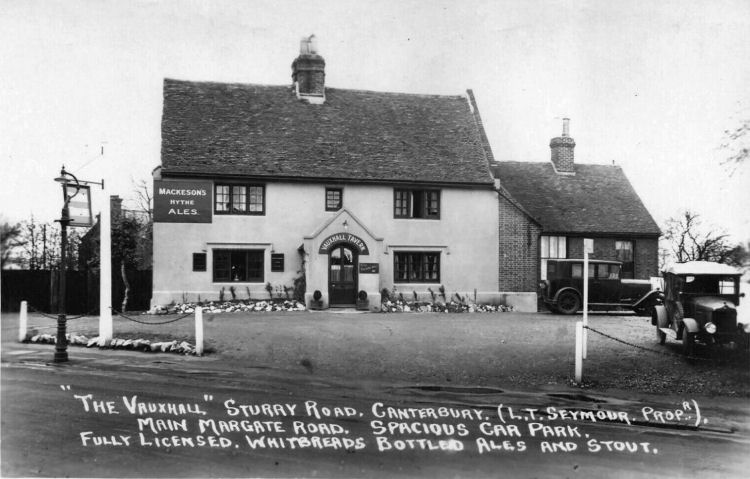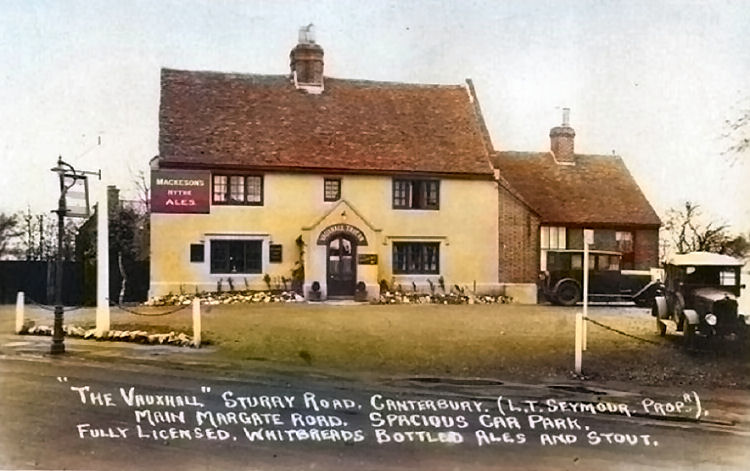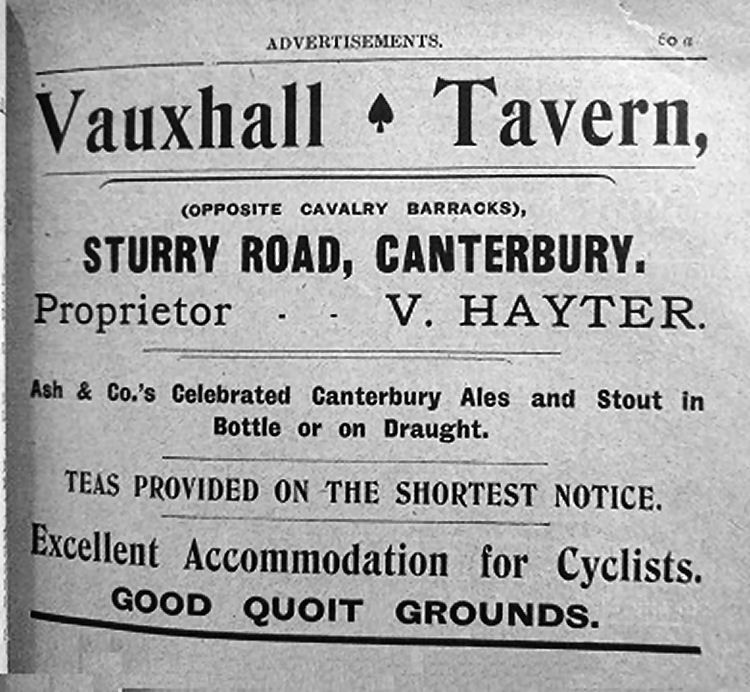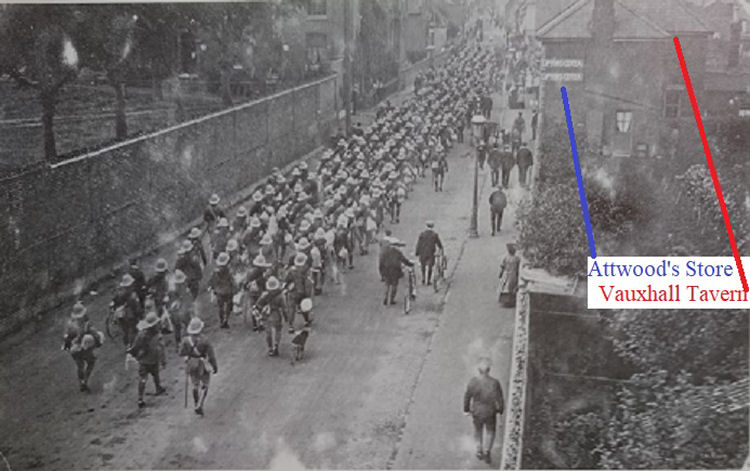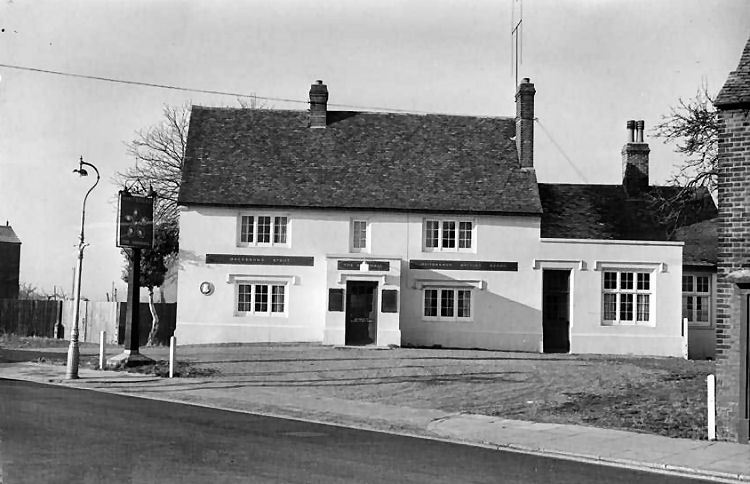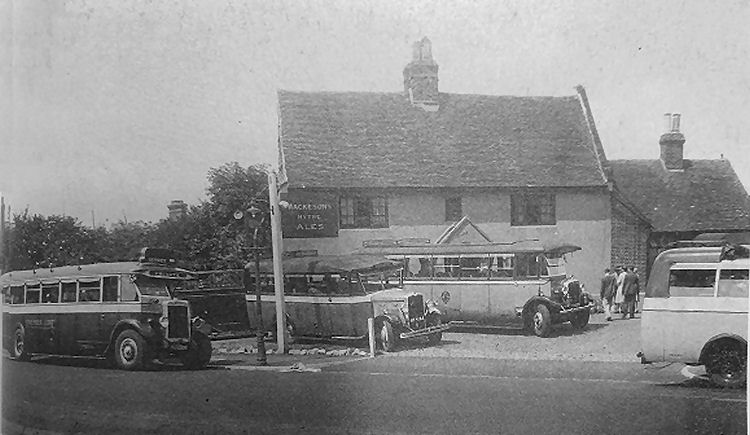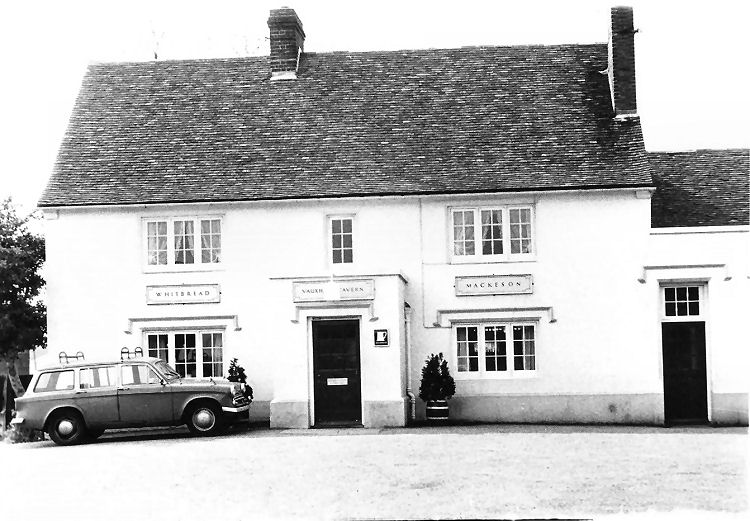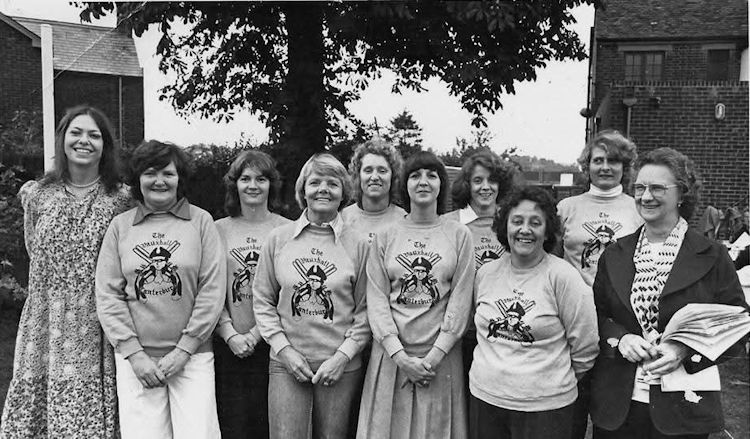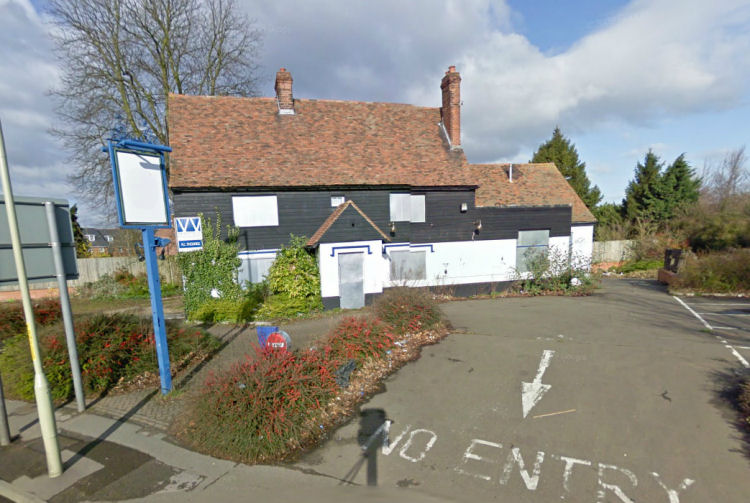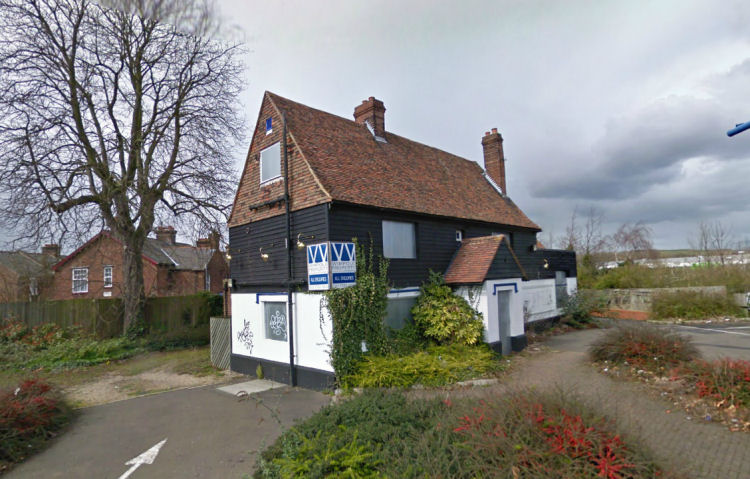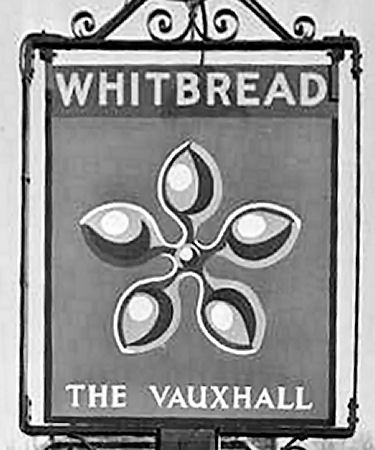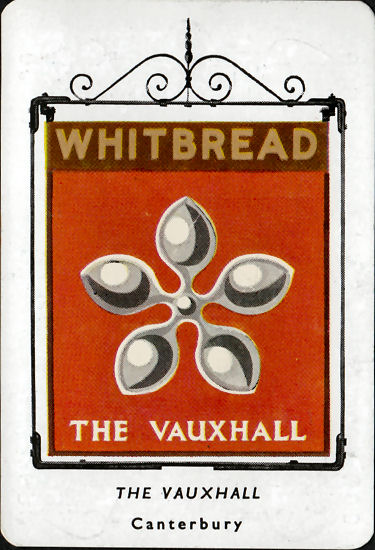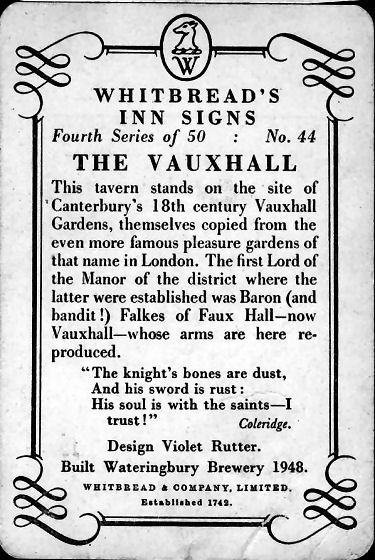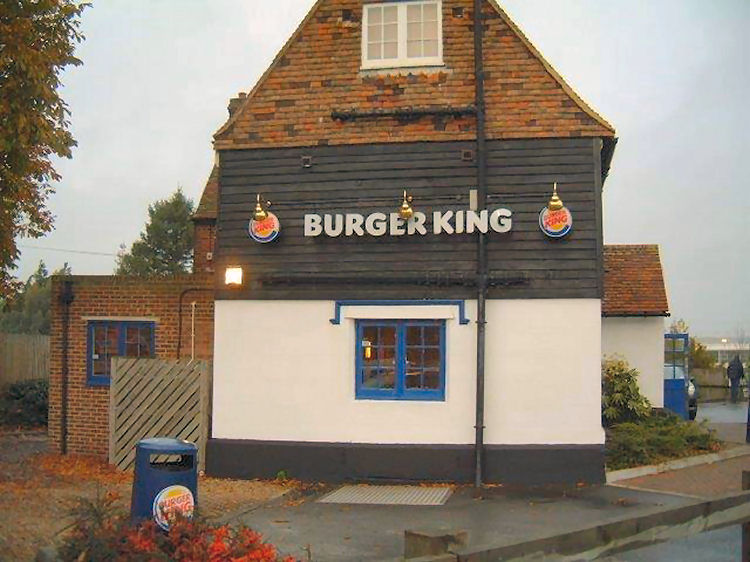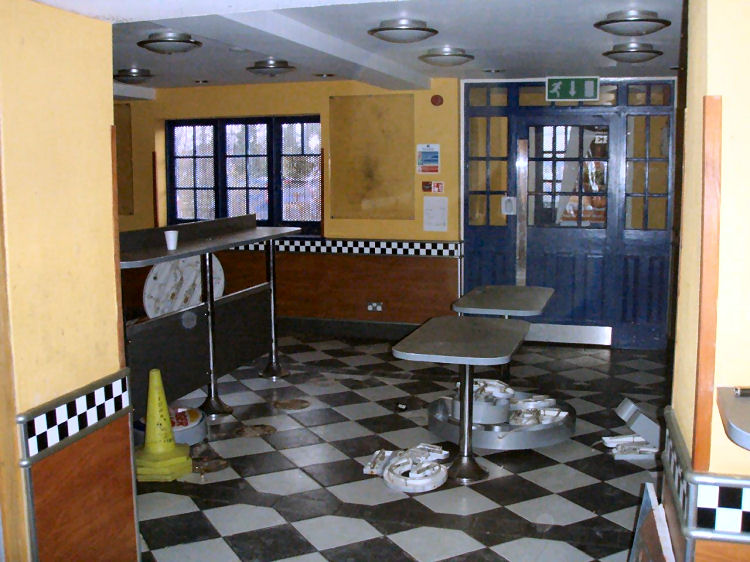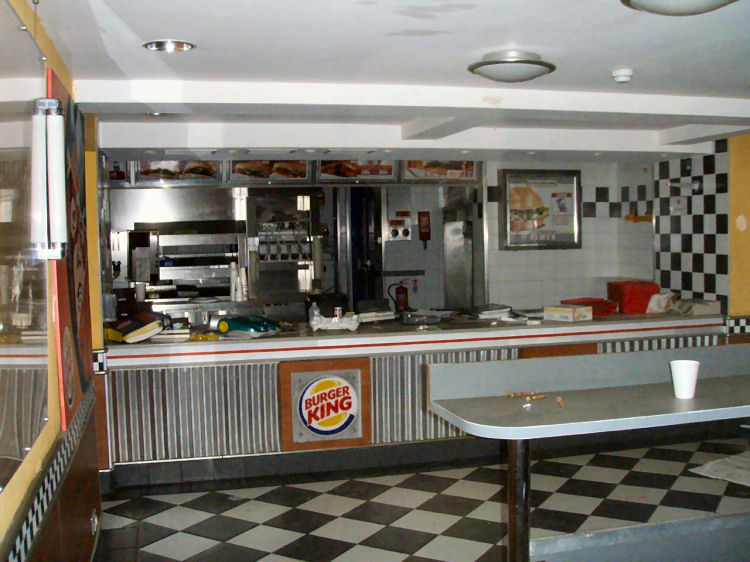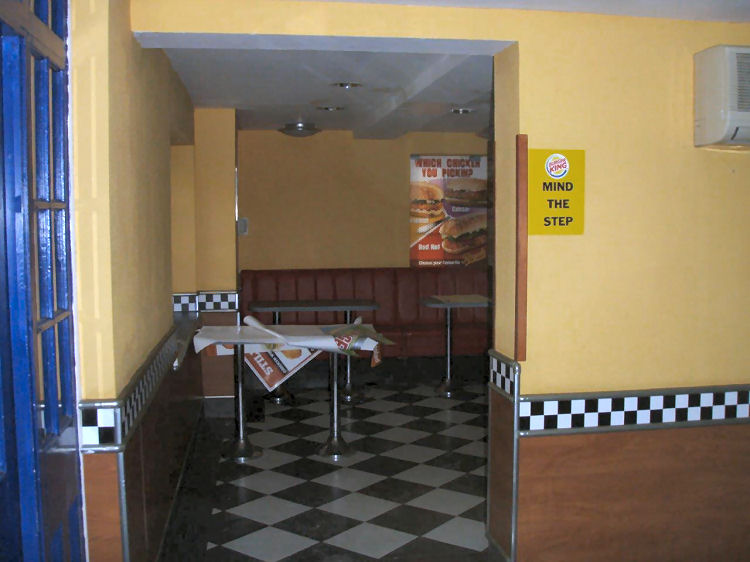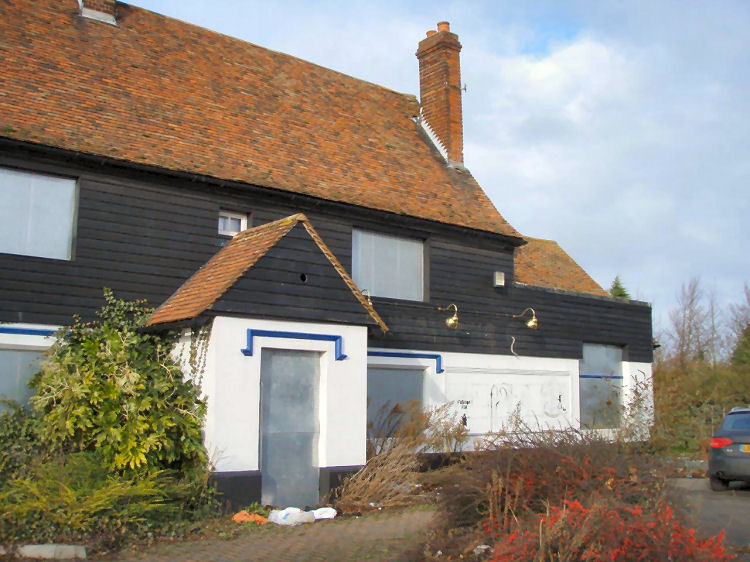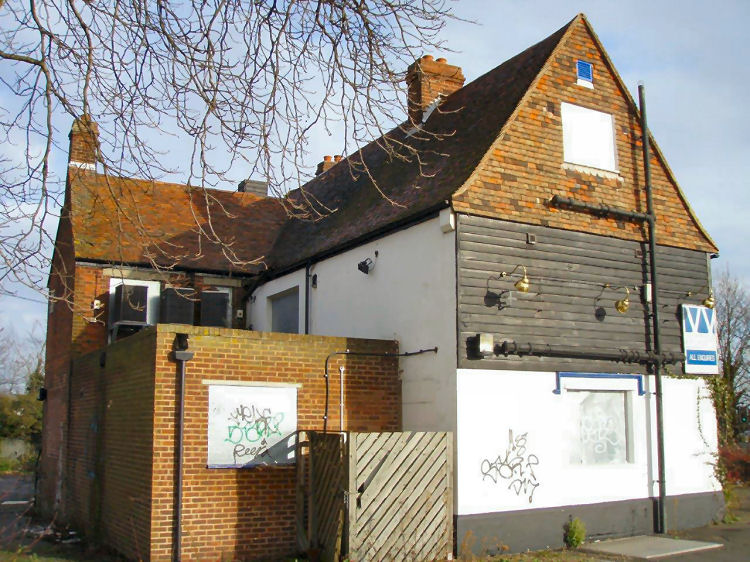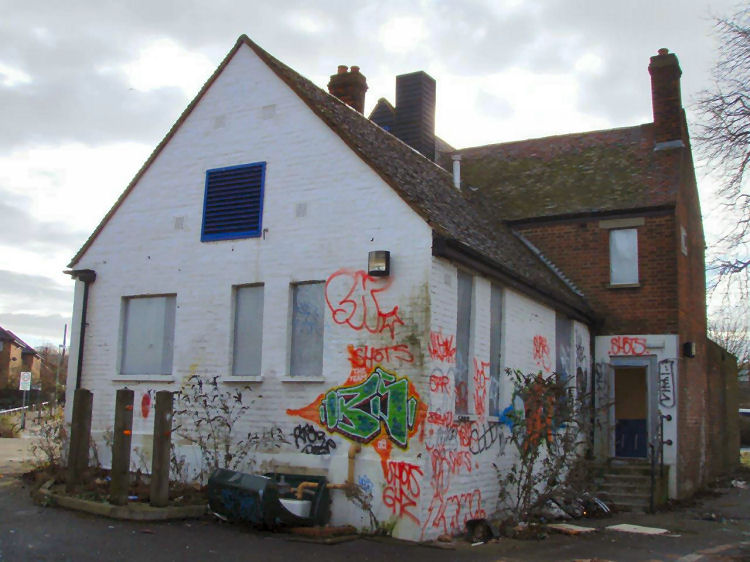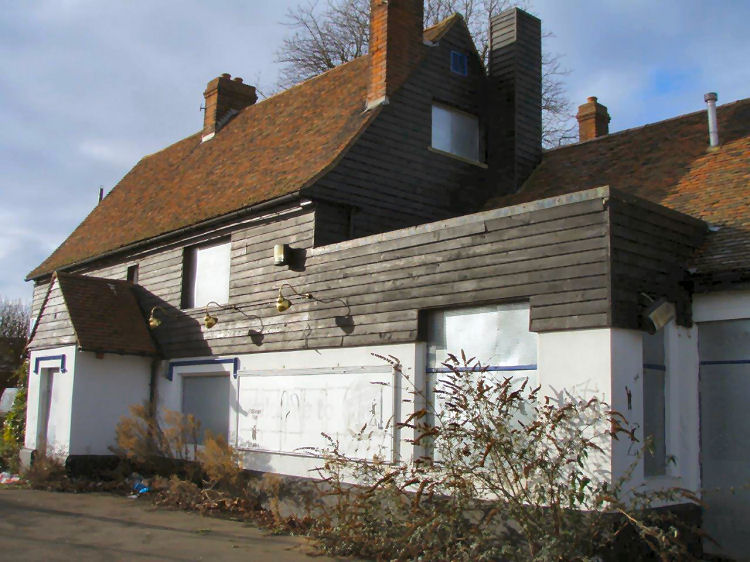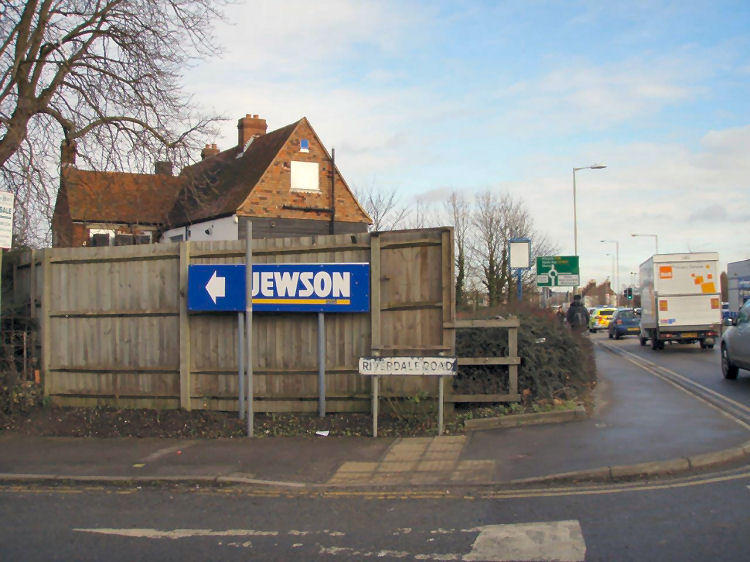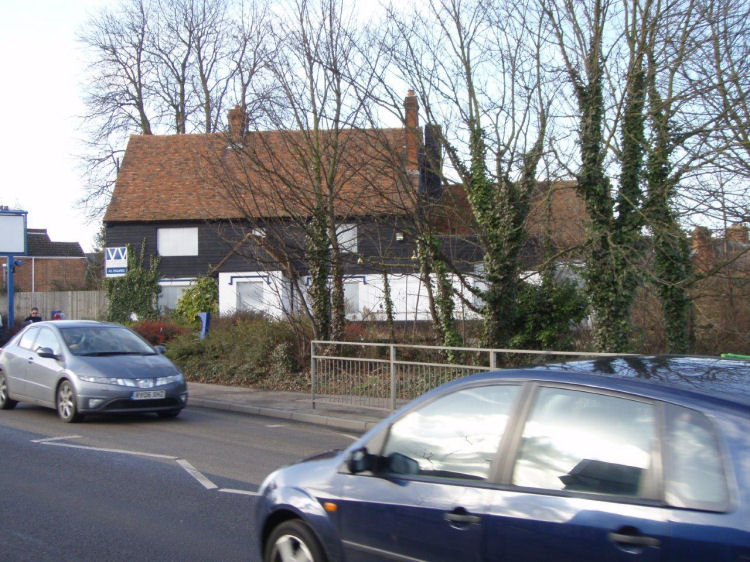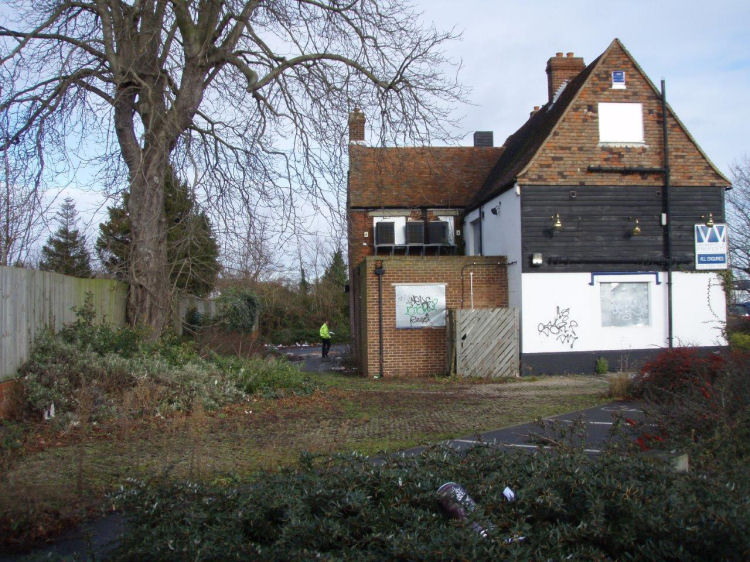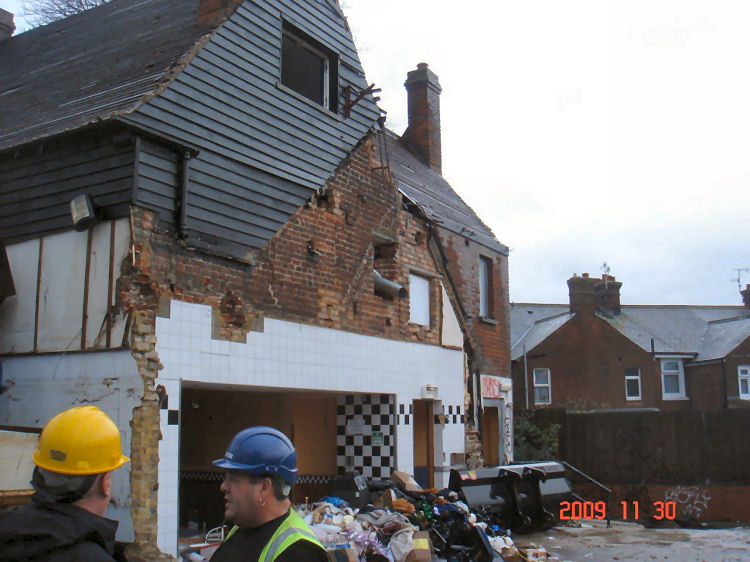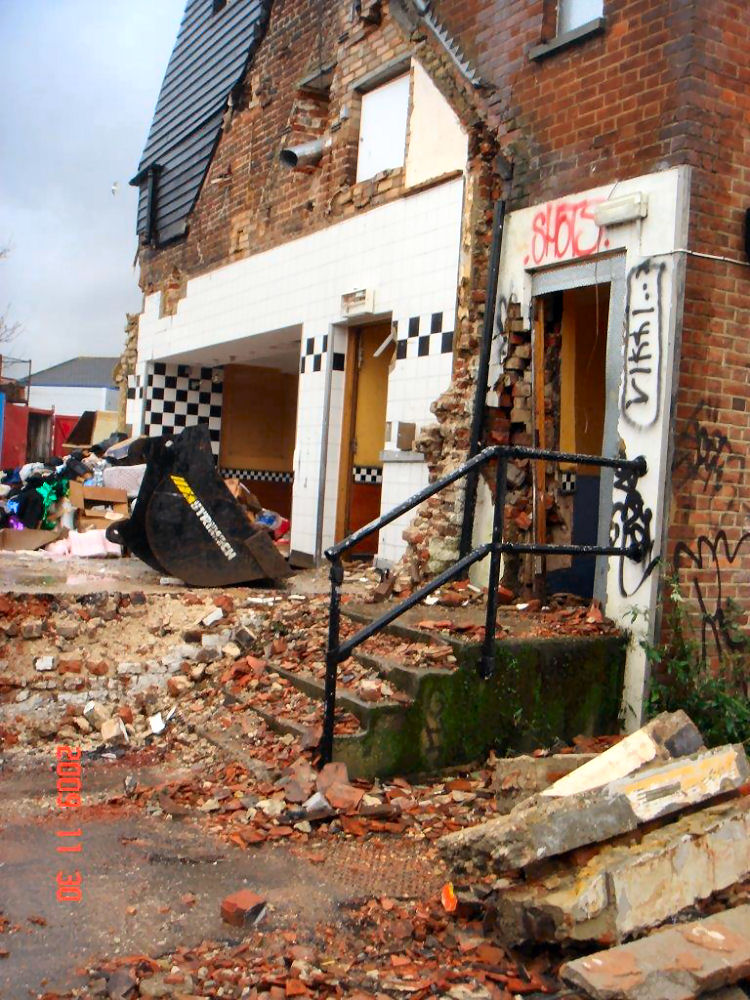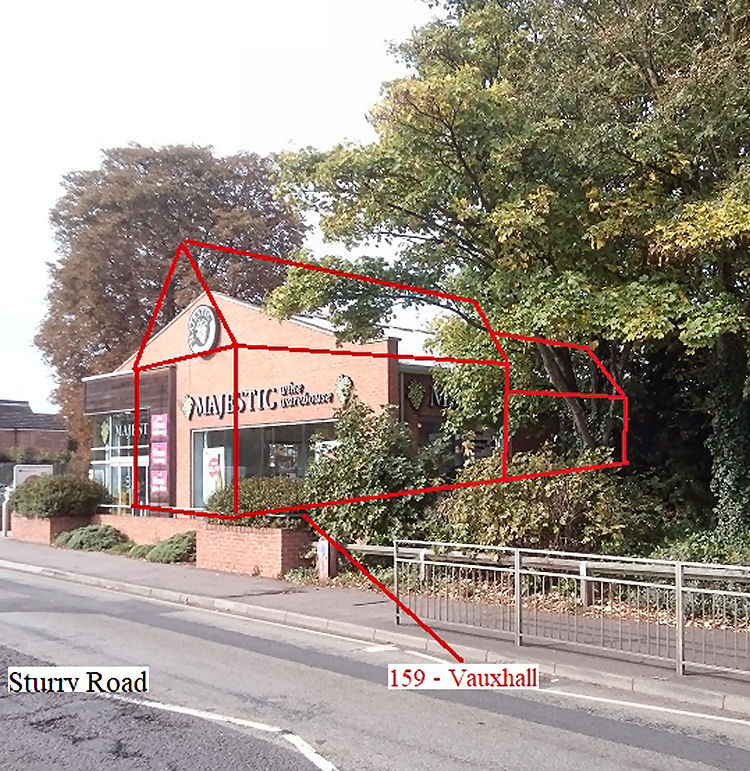|
From the Whitstable Times, 13 July, 1901.
INQUEST ON AN IMBECILE AT CANTERBURY.
CONFINED IN ONE ROOM FOR SIX YEARS.
THE PARENTS CENSURED.
The Canterbury Coroner (Dr. T. S. Johnson) held an inquest at the
"Vauxhall," Sturry road, on Friday evening, on the body of Sidney George
Hopper, aged 38, an imbecile, who had been kept in one room by his
parents for six years.
Edward Hopper, a retired baker, of 4 Nursery Villas, Sturry Road,
deposed that deceased was his son. From birth he had been of weak
intellect and a cripple, and had always had to have everything done for
him. He always ate ravenously. At times he was apparently comfortable,
and gave very little trouble, but at other times he was troublesome, and
would tear up his clothes. Of late years he had been quiet generally. He
had not been medically attended lately. Twelve or seventeen years ago he
was seen by Mr. F. Wacher. About ten days ago deceased had diarrhoea,
but got better. As diarrhoea set in again witness's wife, who went to
see Mr. Greasley about herself, asked him to call the following day. He
did so, and said that deceased was very weak and very low. On the
doctor’s advice they gave deceased some brandy, which revived him.
Witness removal from Broad Street to Nursery Villas six years ago, and
since that time deceased had been confined in one room.
The Coroner— Why did you not send deceased to an asylum?
Witness— Mr. Wacher said that it was not a fit case to be sent to an
asylum.
Why did you keep deceased in one room for six years?
He could not stand or ask question? He could only say "Papa" or "Mamma"
like a child of 12.
Why did you keep him in this way for six years without having a doctor?
We did the very best for him.
The Coroner said that witness ought to have had medical supervision for
deceased. It seemed to him to be an extraordinary thing to shut up the
lad, and let him grow to a man without having intercourse with the outer
world. The poor fellow was in a most emaciated condition, though witness
might say he did his best in feeding him up. He (the Coroner) was of
opinion that it was not a case that ought to have been treated at home,
because the witness was not competent to undertake a case of imbecility.
The father said that five medical men had seen deceased at different
times.
The Coroner— I say you ought to have had him medically attended. You had
no right to make your house into an asylum without having it medically
supervised, so that it could be reported to the Lunacy Commissioners.
You have erred in being excessively kind, and by keeping deceased there
in stealth, because hardly anybody knew that deceased was in the house.
Most of the jurymen present living in the locality said they did not
know deceased was living in the house with his parents.
The Foreman (G. Greenman) said the emaciated condition of the body would
lead one to suppose that deceased was not properly fed.
Witness said that deceased was similar to that when he was born, and he
had continued so all these years Sometimes he was better, and sometimes
he was worse. When he was born the nurse was not able to put any clothes
on him. He was all bone.
The Foreman— Did it not strike you that it was cruel to keep him a
prisoner in one room all this time?
Witness— He had a nice room, and got all the air from over the marshes.
The Coroner, at the request of a juryman, asked the father if there was
any reason why he would not go to the expense of having medical advise?
Witness— Certainty not, I would have spent any amount of money if I
could have done the boy any good, but I knew it was no good.
The Coroner— Why did you not spend money when he was alive? You would
than have had the satisfaction of knowing that something was done for
him.
Winifred Hopper, wife of last witness, and stepmother to deceased,
stated that she had attended to him since be was 17 years of age. He
died on Thursday, the 4th instant, at 6.45 p.m. He had diarrhoea, but
got better, though his appetite fell off. Mr. Greasley saw deceased on
Thursday at 12.30.
The Coroner— What was the object in not having Mr. Greasley before?
I did not think deceased was so near death.
The Coroner— He was incapable of being left alone?
Witness— But we never left him long.
Answering the Coroner witness said deceased made a noise and signs
showing that he had an undeveloped mind.
The Coroner— Do you know it was wrong keeping an imbecile boy in the
house shut up in this way?
Witness— Yes, but he was always well.
The Foreman— Did you keep him indoors because you ware ashamed of people
seeing him?
Witness— No, we kept him very comfortable.
Mr. John Greasley, surgeon, deposed that on Wednesday Mrs. Hopper came
to him about herself, and stated that deceased had not been well, and
would he call the next day. He did so at 12.30 on Thursday. He found
deceased lying on the bed dressed. He had an exceedingly feeble pulse,
and was altogether in an emaciated condition. Witness prescribed some
brandy and milk, and deceased drank some out of a cup. Witness felt it
was possible that he might rally for a time with this treatment. The
same night Mr. Hopper called at his house, saying that deceased died at
7.30. He had since made an external examination of the body, which was a
good deal emaciated, but be could find no marks of violence. On the
right hip quite at the upper part there were two small sores, evidently
old bed sores. The right arm was contracted to an acute angle, and the
legs were contracted at the knees. He was of opinion that the cause of
death was exhaustion and heart failure, very likely accelerated by
diarrhoea in an enfeebled constitution. Ten or twelve years ago when
attending Mr. Hopper he heard a great noise, and the father explained
that it was his imbecile boy. After going to the house two or three
times Mrs. Hopper asked him if he would like to see the boy, and he did
so. He put the question, was deceased periodically visited by the
district medical officer, and he was told no, but that Mr. Wacher had
seen him. He was much surprised as he knew that in the case of pauper
imbeciles the district medical officer had to see the patient every
three months, and report to the Lunacy Commissioners.
In reply to the Coroner Mr. Greasley said he was clear as to the law
regarding a pauper patient, but not quite clear us to a private patient.
The Coroner again told the parents they had no right to keep a private
lunatic asylum without medical supervision. He was certain that they
must have had a good deal to put up with.
The father said that if people saw deceased the more excited he became.
He was better kept quiet, and that, was the reason they did not make an
exhibition of him.
The Jury having consulted in private for a short time, returned a
verdict that deceased died from natural causes, but they wished to
severely censure the parents for keeping him confined so long to his
room, and for not calling in a medical attendant at an earlier date.
|
